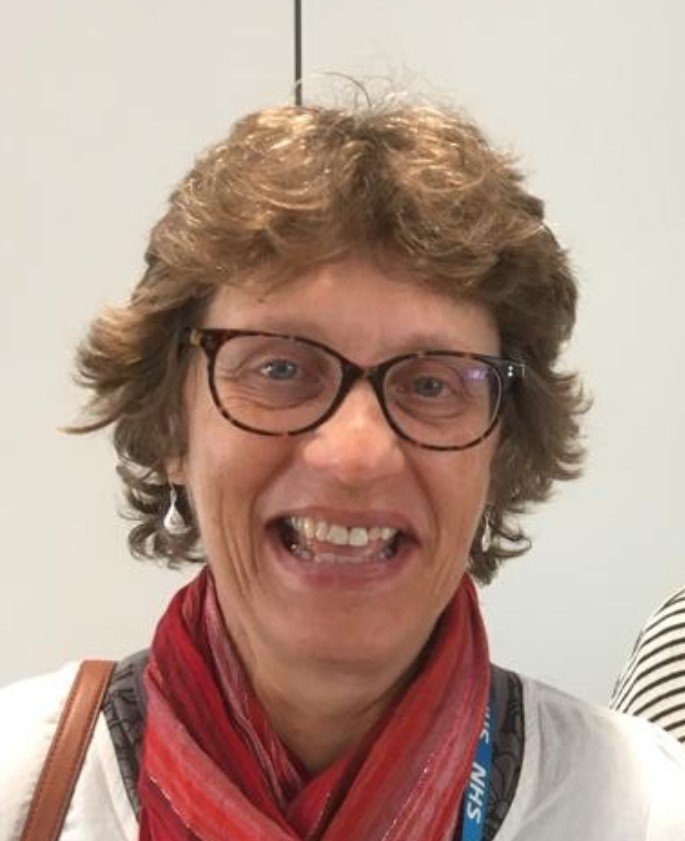
I first attended the community day of a BGS Autumn Meeting about 6 years ago when I was feeling professionally isolated as the lead doctor and GP for a 20-bed community hospital. The programme caught my eye with a mix of academic talks and very practical accounts of how to address interlinked complex medical and social problems from a broad interdisciplinary perspective. I came away with lots of ideas and felt reinvigorated going back to the coalface.
The following year I managed all three days and even with a long commute came away with so much inspiration and renewed enthusiasm for the day job. I did occasionally meet another GP but there were community geriatricians and other health care professionals with whom I found I had a lot in common. The atmosphere at meetings is always positive and the educational value in sessions almost invariably very high.
I had been quite troubled by some of the medical interventions I observed at work for patients who seemed to have little to gain from the distress and risks incurred. Junior and a few senior (non-geriatrician) medical colleagues and other HCPs at work expressed concern about this too. But they seemed powerless to stop the inevitability of "investigate everything and treat single disease entities". Then at various BGS meetings, I learnt about concepts around frailty. This is of course not a finished story, but it does allow us to ask questions such as “What Matters to Me?” of patients and those closest to them and offer a more holistic approach to care of older people
Nearly three years ago after the Presidential address I went up to speak to the Past President Dr Eileen Burns after another excellent talk and met Maggie Keeble in the queue. And by lunchtime we had the beginnings of the GeriGP group. The British Geriatric Society has been brilliant with support, guidance and encouragement as our group has grown.
The pandemic for me has been a time of significant career change and development at a stage in my life when this was not what I expected. Had there not been the enthusiasm from people I met through being a member of the British Geriatric Society I might well have retired from medicine by now. It is certainly much more satisfying attending meetings and talking to others there when you feel you are also contributing towards the building of a successful professional academic organisation.
And as a BGS officer, I have spoken at and chaired a meeting, co-presented a poster at a regional meeting, been to the Department of Health and gained an insight into the “bigger picture” around management of frailty. I have therefore had a lot more to offer to my colleagues and have taken them to see work being done for people with frailty in other parts of the country through BGS contacts. So I would definitely recommend not just being a member of the Society but getting stuck in and helping shape the future for the BGS both for one’s own career development but also for that of others.